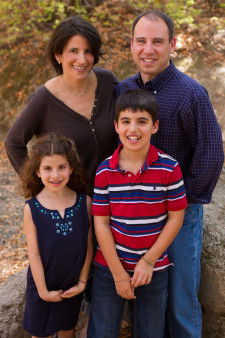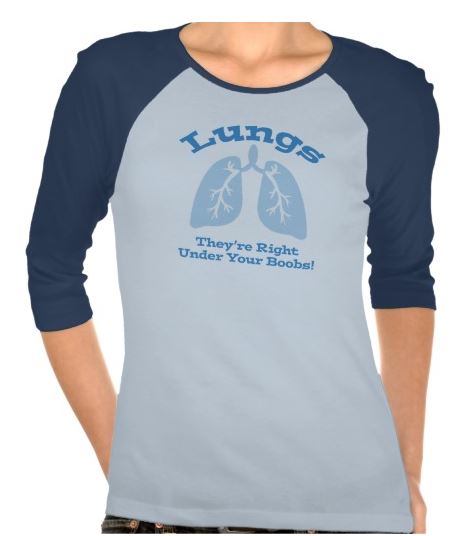Cancer Stages
 There’s a lot of emphasis in oncology on “staging a patient.” That’s a bit of a misnomer. What the docs really mean when they refer to staging a patient is staging the cancer (how much it has spread), not the patients themselves. Doctors use staging to determine treatment protocols. We patients have a completely different staging process.
There’s a lot of emphasis in oncology on “staging a patient.” That’s a bit of a misnomer. What the docs really mean when they refer to staging a patient is staging the cancer (how much it has spread), not the patients themselves. Doctors use staging to determine treatment protocols. We patients have a completely different staging process.
The stages of being an “incurable” cancer patient are similar to the stages of grief. It seems like it’s going to be a linear process (denial -> anger -> bargaining -> depression -> acceptance), and ends up being a hall-of-mirrors where you just bounce back and forth and back again in perpetuity. Fun stuff.
And by fun, I mean emotionally exhausting.
On the surface, I have told myself that I haven’t blogged because I’ve been busy. There’s truth to that, but honestly, I think it has as much to do with burnout. In the last year or so I’ve stepped way back from a lot of my cancer advocacy work.
Working with and for terminally ill patients on a daily basis is meaningful but heavy (so much respect and gratitude for oncologists and their teams). Doing it when you yourself are also one of those patients? It’s … intense.
Stepping back was difficult for me, not only because I think it’s important to help others, but also because part of my “bargaining” stage is an insidious belief that the reason I have gotten so lucky with my exceptional response to treatment is because I was earning it with my good behavior.
My therapist had fun with that one.
Therapist: “Oh, so you think you’re controlling your cancer by somewhat masochistically immersing yourself in patients with your diagnosis who are almost uniformly faring worse than you? That’s … helping you?”
Me: “Ok, well when you say it like that it sounds really stupid.”
Therapist: “Hmm.”
My therapist and I had variations of this conversation about 57 times before I mustered the courage to change some things. I finally stepped back from a lot of my duties at The ROS1ders last summer, and unconsciously I apparently let my blogging dwindle soon after. I entered a new stage, something beyond acceptance, something more like “release.” It feels like not just accepting reality, but being able to let go of the white-knuckling struggle. Some of the time. I don’t get to pick which times.
I still bargain with irrational concerns and “magical thinking;” bounce around a bit between denial and depression; even still harbor some anger. But adding a “release” stage to the mix feels good. What a relief to take some breaks from a constant diet of literal life and death situations. Normally, advancing to the next stage in cancer is bad news, but from this particular perspective, advancing to the next stage as a patient can be a very good thing.


